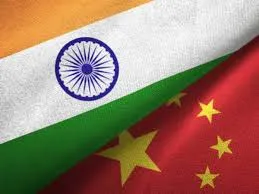Energy prices are on a surge worldwide due to Russia-Ukraine war and the economy is deteriorating due to inflation and its depreciating currency. Amid this, Pakistan is forced to spend 66 per cent of its forex reserve on fuel imports. According to reports, Pakistan presently spends over USD 21.43 billion yearly on gasoline imports, which accounts for about 66% of its total foreign exchange reserves. Pakistan’s dependence on expensive imported fuels is continuing to increase along with the nation’s growing energy requirements, which is leading the sector to stagnate. Therefore, in order to meet the nation’s increasing energy needs, switching to or concentrating on indigenous resources is increasingly necessary.
While the cost of electricity produced from local Thar coal stayed between Rs4 and Rs4.5/kWh, the cost of energy produced from imported coal climbed from Rs 20.17/kWh to Rs 29.12/kWh. The State of Industry Report 2022, recently released by Nepra, made this revelation, according to the reports.
It should be noted that Pakistan’s coal-fired power plants import coal primarily from South Africa and Indonesia, and that the cost of this imported coal has recently increased significantly. The price of energy generated from domestic Thar coal remained between Rs 4 and Rs 4.5/kWh, but the price of energy generated from imported coal increased from Rs 20.17 to Rs 29.12/kWh. According to The Express Tribune, this information was revealed in Nepra’s State of Industry Report 2022.
It should be emphasised that the main sources of coal for Pakistan’s coal-fired power plants are South Africa and Indonesia, and that the price of this imported coal has























